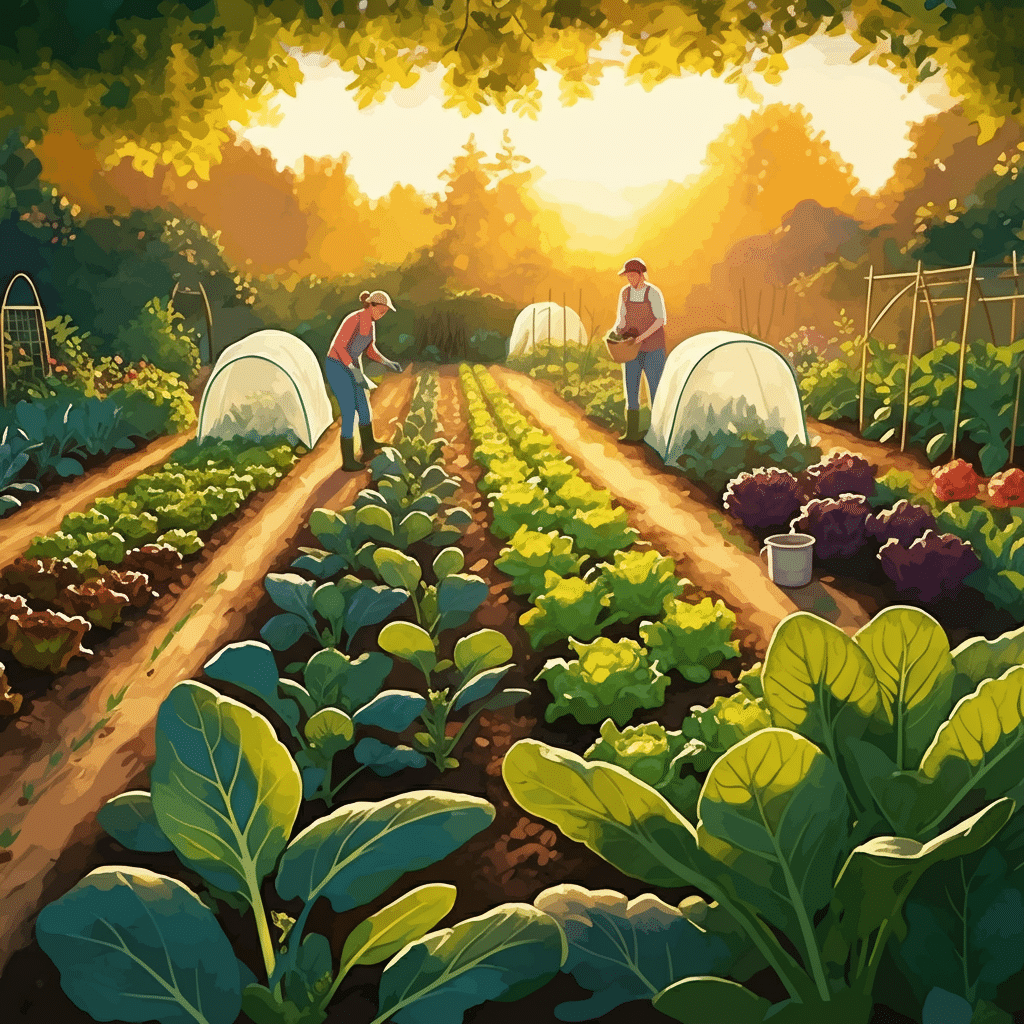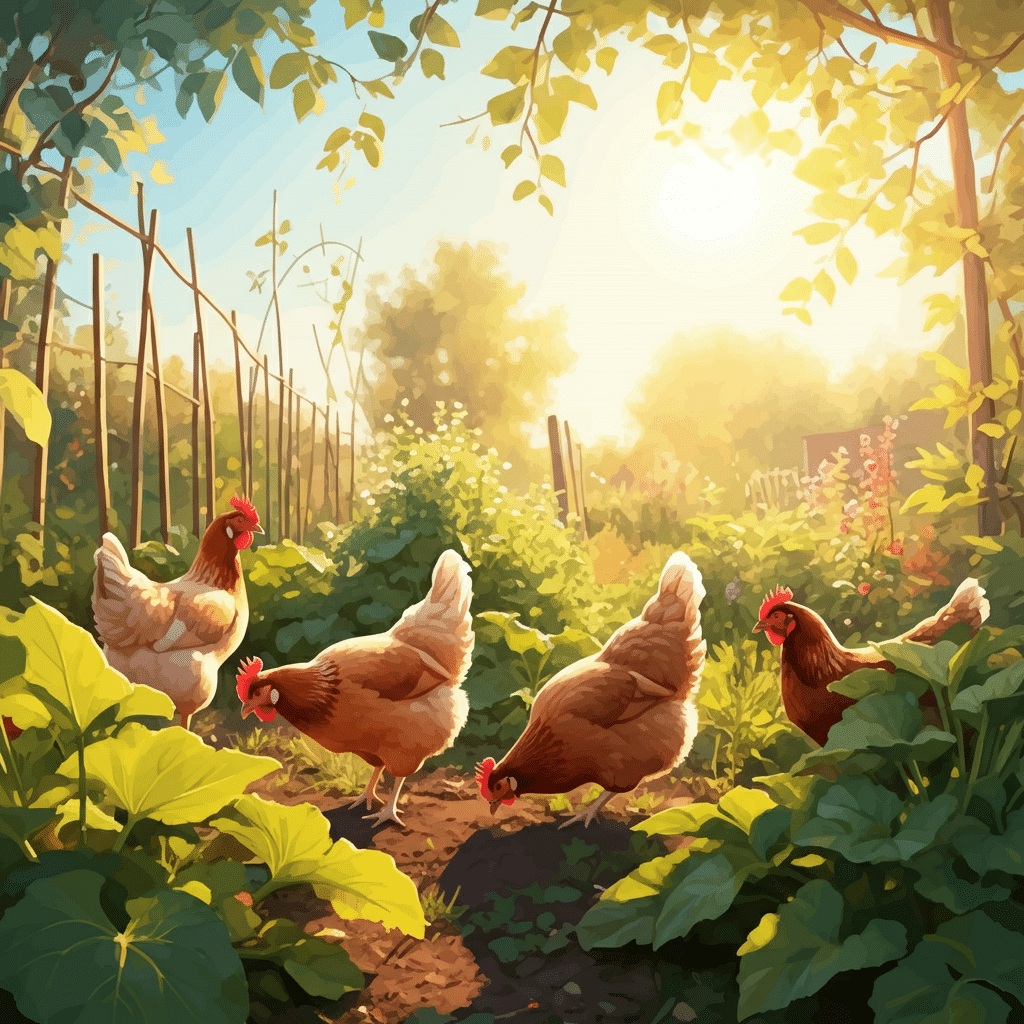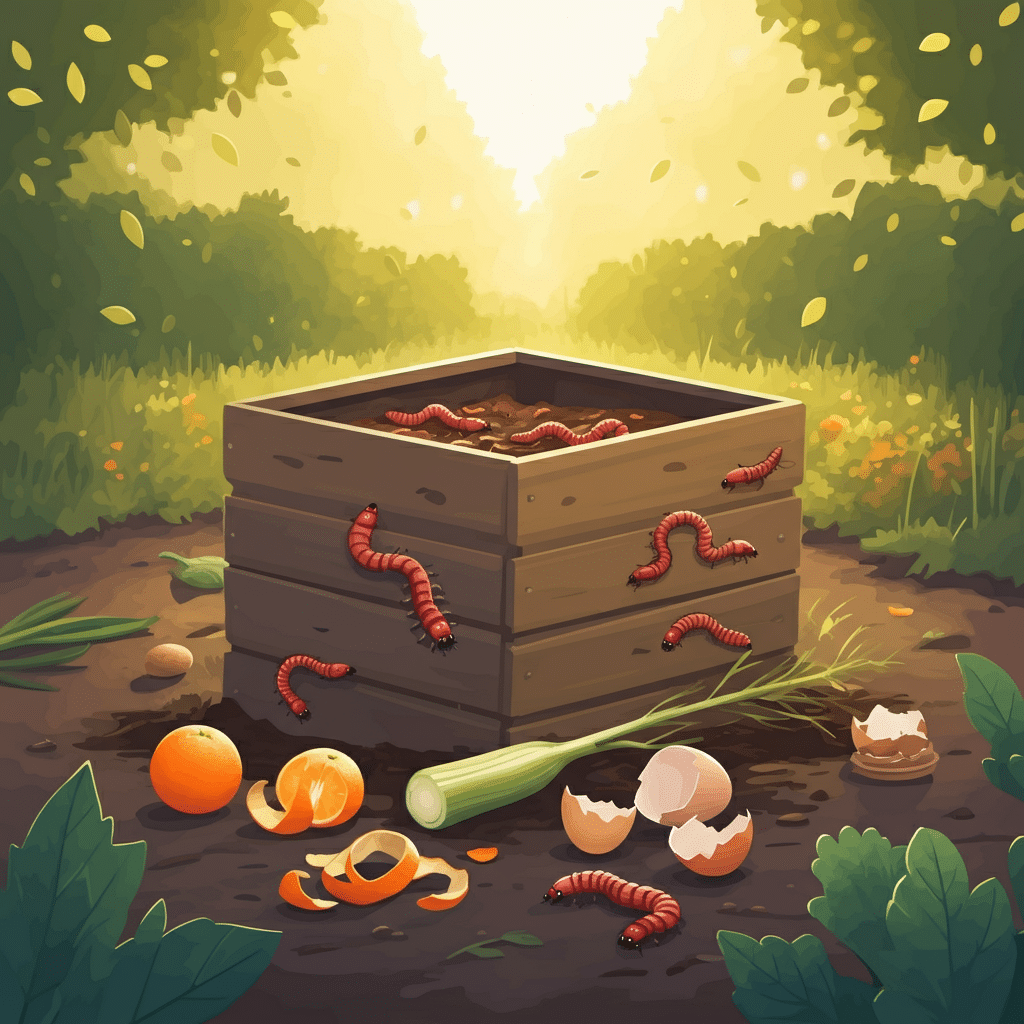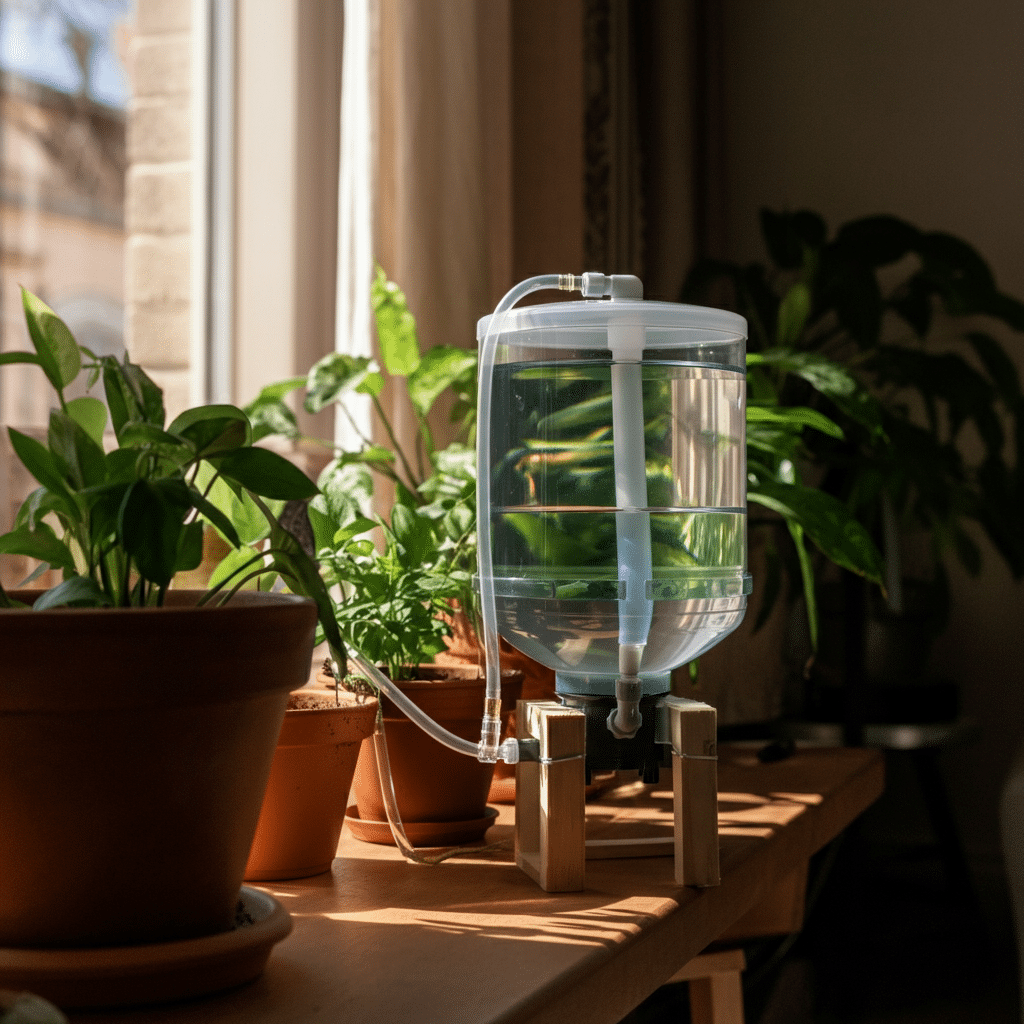Keeping your vegetable garden thriving while avoiding synthetic pesticides can be challenging but incredibly rewarding. Thankfully, a survey of 1,300 experienced gardeners has revealed effective, organic pest control strategies that not only protect your crops but also promote a balanced ecosystem. Explore these practical, tried-and-true methods to naturally combat garden pests, ensuring your garden flourishes year-round.
What is Organic Pest Control?
Organic pest control is a natural approach to managing pests without relying on harmful chemicals. This method emphasizes sustainability and safety for plants, the environment, and beneficial organisms in the ecosystem. The techniques often involve natural predators, barrier methods, crop rotation, and other eco-friendly strategies to repel pests and minimize crop damage.
From slugs to Japanese beetles, even the trickiest pests can be managed effectively using organic methods. Here’s how you can implement some of the top techniques.
Benefits of Using Organic Pest Control
Before we dig into the strategies, it’s worth understanding the advantages:
- Safer for the environment: Organic methods don’t harm pollinators, wildlife, or soil health.
- Better food quality: Your vegetables and fruits remain free of chemical residues.
- Cost-effective: Many solutions use readily available or reusable materials.
- Sustainable gardening: It encourages a natural pest-predator balance in your garden.
Now, discover the top methods shared by expert gardeners to deal with the most persistent garden pests.
Organic Pest Control Strategies for Common Garden Pests
Combating Slugs
Slugs ranked as the most bothersome garden pest among survey respondents, with 55% reporting damage. These notorious leaf-chewers thrive in damp conditions but can be managed with the following:
- Handpicking: Collect slugs in the morning or evening (success rate of 87%).
- Beer Traps: A simple dish of beer attracts and traps slugs (80% effective).
- Iron Phosphate Baits: A pet-safe, environmentally friendly option that effectively reduces slug populations.
- Natural Predators: Chickens, ducks, and garter snakes are excellent slug hunters, offering long-term pest control. Ducks, in particular, make fun companions while keeping slug issues at bay.
Protecting Against Japanese Beetles
Japanese beetles are seasonal nuisances that feast on leaves and flowers, impacting plant health. Here’s how you can keep their numbers under control:
- Handpicking: Drop them into a jar of soapy water for easy disposal.
- Trap Crops: Plant raspberries or other fruits to attract them away from your main crops.
- Natural Predators: Chickens and ducks help by consuming adult beetles and their larvae. Encouraging wild birds, like robins and bluebirds, in your garden is another long-term solution.
Battling Flea Beetles
Flea beetles can wreak havoc on delicate leafy greens, especially during spring. Luckily, most gardeners report success with these approaches:
- Row Covers: Prevent these pests from access during critical growing periods.
- Garlic-Pepper Spray: Natural sprays deter flea beetles with a strong, irritating scent.
- Plant Timing: Grow susceptible crops like leafy greens during fall rather than spring to avoid peak flea beetle season.
Managing Root Maggots
Root maggots often target root vegetables like radishes, turnips, and carrots. To protect these crops:
- Crop Rotation: An impressive 90% of gardeners found rotating crops effectively disrupts the maggot lifecycle.
- Diatomaceous Earth: Sprinkle this natural powder around the base of plants to act as a barrier.
- Beneficial Nematodes: These microscopic organisms naturally reduce maggot populations in the soil.
Dealing with Aphids
Aphids are tiny pests that suck plant sap and spread diseases. However, they’re surprisingly manageable:
- Natural Predators: Plant flowers and herbs like alyssum, borage, and calendula to attract ladybugs and hoverflies, which feed on aphids.
- Prune Affected Areas: Remove heavily infested leaves or stems.
- Insecticidal Soap: A safe and easy DIY spray made from soap and water can eliminate aphids without harming beneficial insects.
Defending Against Squash Bugs
Squash bugs attack summer and winter squash, often weakening plants and causing wilting. Here’s how to fight them:
- Handpicking: Remove adult bugs and their eggs from plants daily.
- Neem Oil: Spray neem oil to treat eggs and nymphs effectively.
- Delayed Planting: Plant squash later in the season to avoid peak squash bug activity.
Controlling Slugs, Flea Beetles, and Larger Concerns
For persistent pests like slugs and cucumber beetles, combining multiple approaches leads to the best results. Planning for long-term balance in your garden ecosystem is key.
The Role of Beneficial Insects in Organic Gardening
Gardeners consistently emphasized the importance of attracting beneficial insects as part of a comprehensive organic pest control plan. These “good bugs” prey on common pests while maintaining a balanced garden ecosystem. Some valuable beneficial insects include:
- Ladybugs for aphids
- Hoverflies for aphids and thrips
- Paper Wasps for cabbage worms
- Parasitic Wasps for tomato hornworms
To attract beneficial insects:
- Incorporate flowering plants such as alyssum, fennel, and dill.
- Avoid using chemical insecticides, which harm both pests and helpful insects.
- Provide habitats like small log piles or undisturbed patches of garden.
Actionable Tips to Start Using Organic Pest Control
Gardening is as much about proactive planning as it is about problem-solving. To reduce pest issues and maintain garden health:
- Begin each growing season with a clean garden bed to eliminate overwintering pests and eggs.
- Practice crop rotation annually to prevent pest buildup.
- Attract beneficial insects by planting companion flowers or herbs.
- Monitor plants daily to catch pest problems before they spread.
Cultivate a Healthier Garden with Organic Solutions
Organic pest control is not only about keeping pests at bay but also fostering a flourishing, resilient ecosystem. By adopting natural strategies like crop rotation, row covers, and supporting beneficial predators, you can safeguard your garden while promoting sustainability.
Still feeling overwhelmed by garden pests? Browse Mother Earth News’ detailed guides or explore additional resources for practical tips to protect your vegetables.




